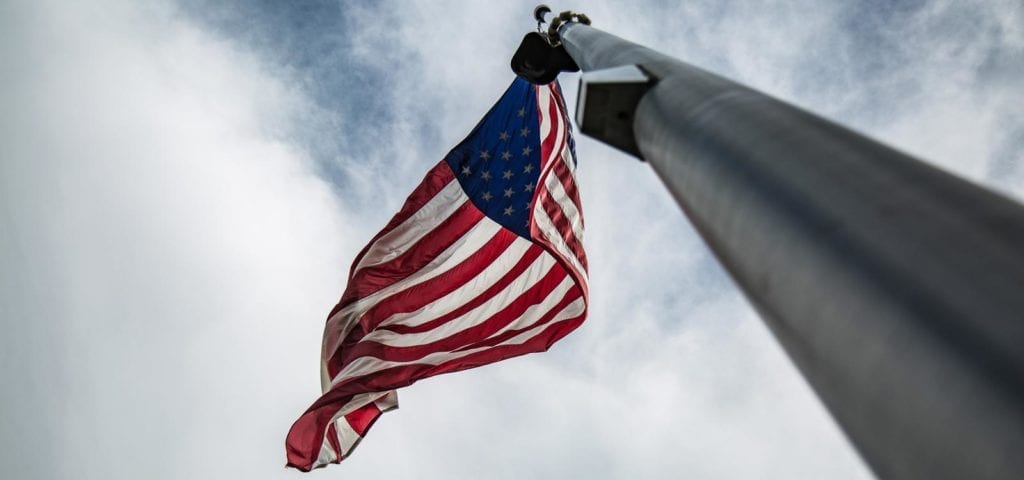What are terpenes?
Terpenes are some of the most pervasive organic compounds in nature. Insects and plants both use them for signaling a variety of things, including to fight predators and encourage pollination. Trees even emit terpenes that encourage water vapor to form clouds. All organisms use some types of terpenoids as part of the process of synthesizing new cells and other biological compounds.
 The prevalent terpenes found in cannabis are often found in other plants. Linalool, for instance, is the primary terpene responsible for lavender’s smell. Limonene is at the core of the smell of citrus. Pinene is the terpene that makes up a large part of the smell of pine trees. When you smell a terpene, no matter what the source, that chemical is entering your lungs and begins to interact with your body.
The prevalent terpenes found in cannabis are often found in other plants. Linalool, for instance, is the primary terpene responsible for lavender’s smell. Limonene is at the core of the smell of citrus. Pinene is the terpene that makes up a large part of the smell of pine trees. When you smell a terpene, no matter what the source, that chemical is entering your lungs and begins to interact with your body.
Those who study cannabis are only just beginning to understand the complex interplay of compounds present in the plant. Terpenes are valuable because they modify the effect of the primary cannabinoids like THC and CBD, as well as being therapeutic on their own. The synergistic effect of combined terpenes and cannabinoids is known as the “entourage effect.”
How do terpenes affect the cannabis high?
Some theorize that terpenes and the entourage effect cause the difference in feeling between indica or sativa strains of cannabis. Many classic indica strains contain a large amount of the terpene myrcene which is known to be sedating. Sativas often contain more limonene, which is energizing and antidepressant. The amount and type of terpenoid and minor cannabinoids like CBN or CBG seem to be responsible for the different quality of high experienced when imbibing different strains.
As cannabis connoisseurs are able to experiment with different varieties of and breeding conditions for cannabis, one thing is sure: Smoking, vaping or extracting whole-plant cannabis is more powerful than isolated extracts of pure THC or CBD. One of the primary differences between the two is the presence of terpenoids and additional cannabinoids.
List of Common Cannabis Terpenes
Cannabis can contain up to 120 different terpenoids. The fifteen most common terpenes are listed below:
- Myrcene
- Limonene
- Linalool
- Caryophyllene
- Pinene
- Alpha-bisabolol
- Eucalyptol
- Trans-nerolido
- Humulene
- Delta 3 Carene
- Camphene
- Borneol
- Terpineol
- Valencene
- Geraniol
Many of these common terpenes in cannabis have been studied as stand-alone chemicals, often with surprisingly powerful therapeutic effects. Researchers have yet to study the cannabinoid entourage effect in detail, however, as cannabis remains a federally scheduled substance.
What is the best method for consuming cannabis that maximizes terpenes?
Smoking, vaping or eating whole-plant cannabis or cannabis extracts will all get at least some terpenes into your body, alongside cannabinoids like THC, CBD or CBN.
Terpenes, however, are much more volatile than cannabinoids and will often be the first chemical to evaporate or break down when high temperatures are applied to the plant material. For best results, vaporize your cannabis flower or live resin. You can consult our terpene vaporizer settings guide for the best temperatures for each of the common cannabis terpenes.
Eating an edible made with whole plant extract is another excellent way to get the full-spectrum cannabis experience. Many edibles are made with isolated THC and do not contain the full diversity of terpenes and cannabinoids that are present in flower, so choose your edible carefully.
Alternately, some have experimented with adding isolated, refined terpenes to extracts that have lost their terpenes due to high temperature extraction, or even just pure THC and CBD distillates. Terpenes can be purchased from many suppliers as they do not need to be refined from cannabis and are federally legal. Some vendors even sell pre-made “strain-specific” terpene blends that can be added to shatter or wax to get the exact high or medicinal effect desired without any uncertainty.
End
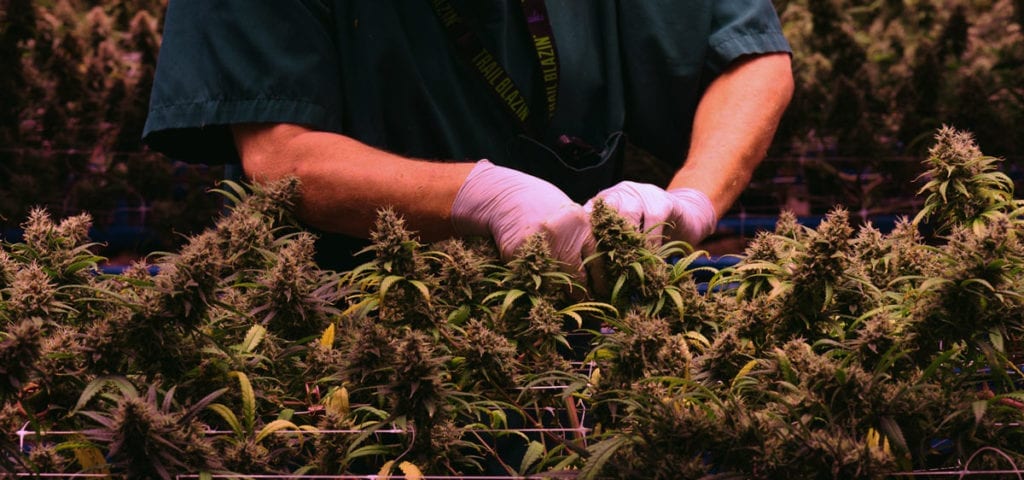




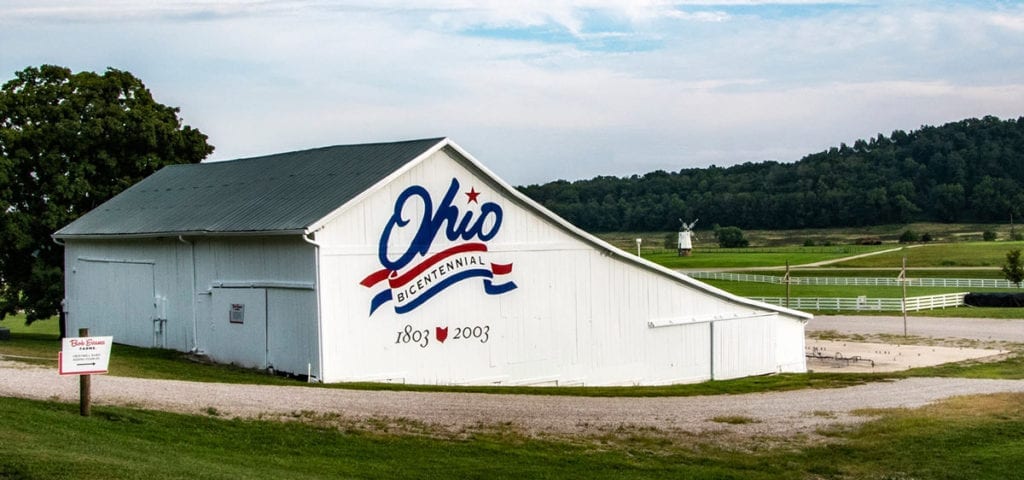
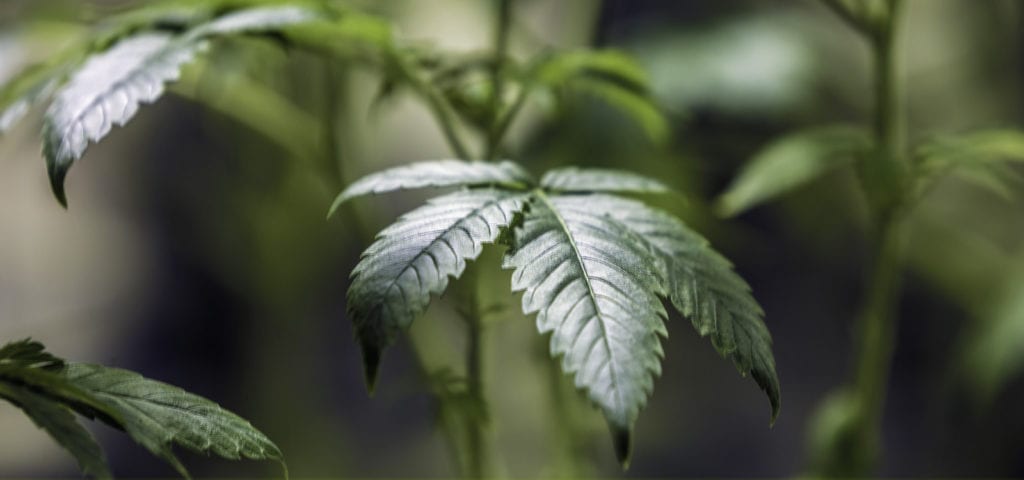








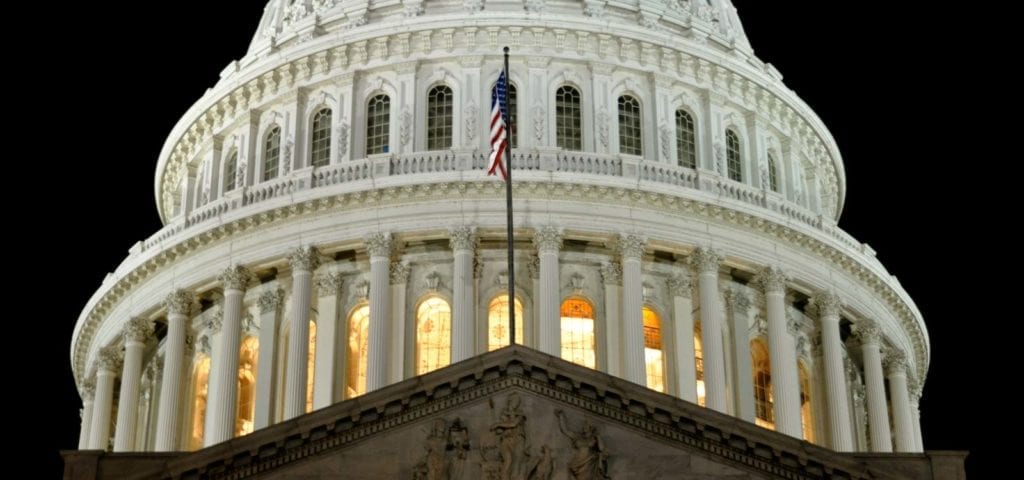

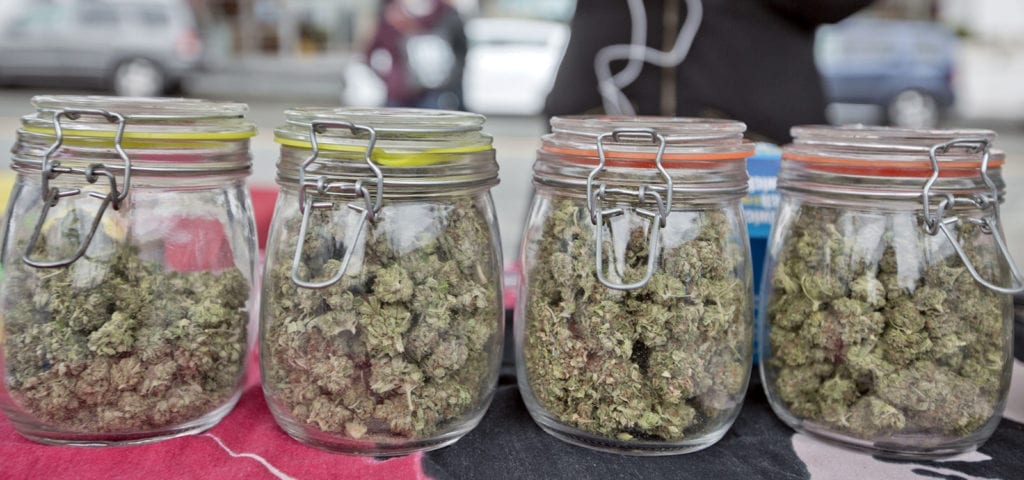
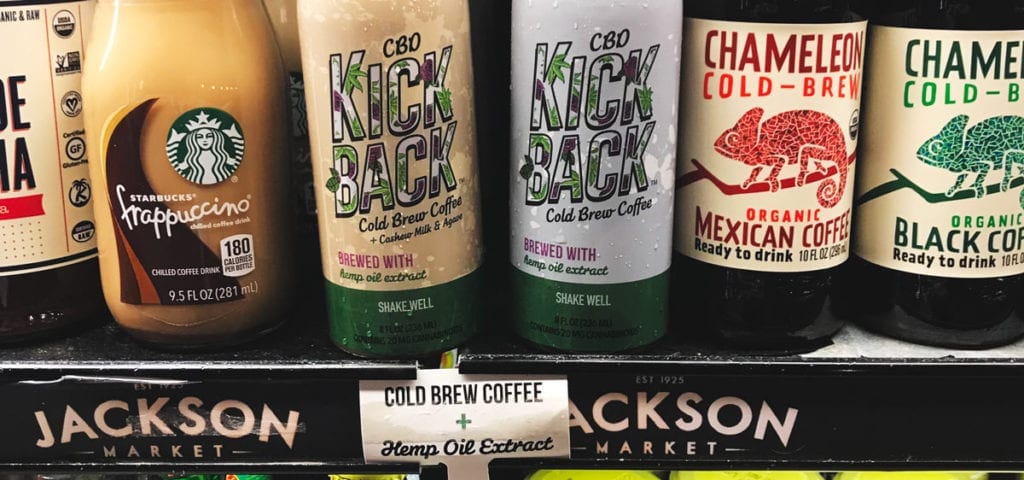
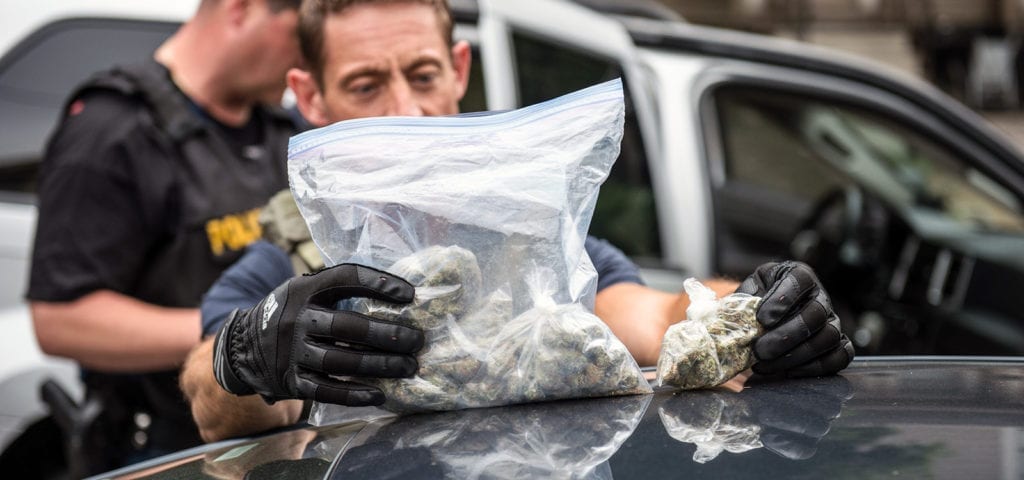



 Linalool
Linalool a-Pinene
a-Pinene
